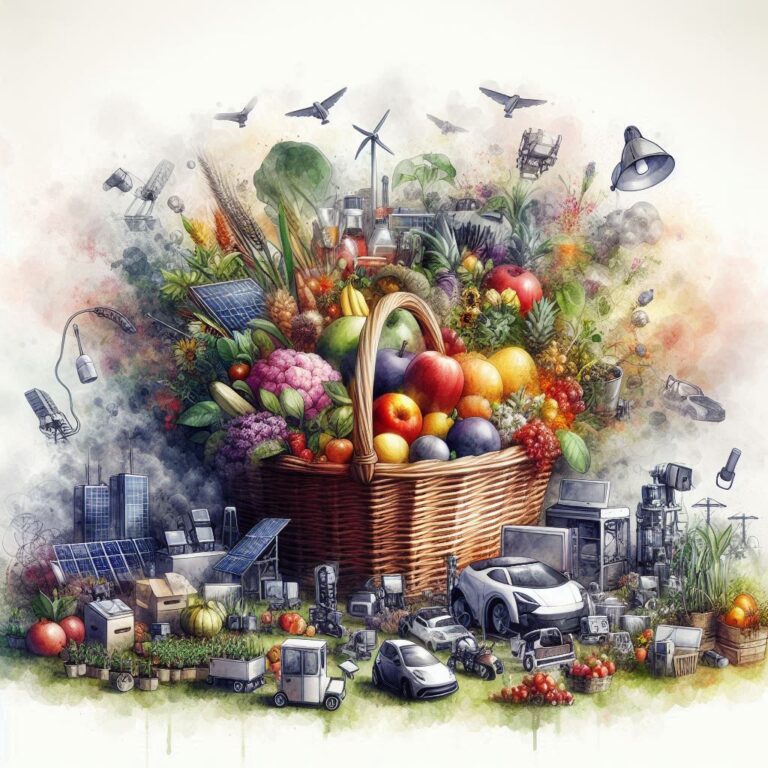In the days before Trump’s inauguration we can see some of the reflections of alt-right and conspiratorial ideas crawling ashore from febrile ponds. They range from mildly-incoherent free-wheeling-conspiratorial (Peter Thiel), to narrowly self-serving Libertarian-light (Marc Andreessen), to often contradictory, racist, and cruel (Curtis Yarvin). What should be asked about each is what vision they have of a common good for America and, though they and the MAGA movement are largely focused on our country, how also the larger world might benefit or change as a result of a new form of American engagement with the world. The idea of a common good is an old one that has been brought back into vogue by some social and legal theorists, like the “common good constitutionalist” Adrian Vermuele who I wrote about previously. For Vermuele there is a common good in redistributing land and resources to help the poor as well as in the government restricting and limiting free speech to enforce his concept (informed by his Catholicism) of morality in thought and action.
In radical contrast we have the new MAGA commentariat. There are some fundamental contradictions at the heart of the MAGA braintrust. On the one hand, they see a runaway federal government that hides facts and strong-arms business leaders with threats of regulation and lawsuits. The government and the establishment media and universities support activism by positioning themselves as the fact-sifters and thought leaders. Andreessen complains that educated workers demand too much from his companies. They want environmental and sustainability commitments. They want DEI policies. They want positions on global affairs and worldwide LGBTQ+ rights. It’s annoying to Andreessen and makes entrepreneurship too complicated.
Yarvin wants some version of Andreessen’s deconflicted corporate mindset free of all this wokeness to be the model for the government, a kind of monarchy that can ignore the bleatings about fairness, kindness, and policies aimed at that other concept of common good. Yarvin’s interview is remarkably disturbing in his efforts to tie the Norwegian mass murderer Anders Breivik to Nelson Mandela. They were both regarded as terrorists, he argues into the void, somehow folding South Africa’s oppressive racist regime with Norway’s progressive liberal democracy. What was the oppression Breivik terrorized over? His own fear of an unknown racially-mixed future. And Mandela? Apartheid, institutional oppression, torture, and murder.
Conservatism, like Liberalism, is all over the map, but luckily it takes time and effort to influence the territory.
The foremost MAGA-ite is Trump, himself, and he is largely free of much policy wonkiness and instead just leans into being a mean-spirited huckster. He vacillates on what he can achieve economically and distracts with bizarre imperial ambitions for Greenland and the Panama Canal. He does share in Yarvin’s strong executive vision, though, but primarily because he doesn’t like being thwarted by the law, institutions, or even basic facts. His vision is more Caligula than Marcus Aurelius.
The only way we can have a common good is to first figure out what is good for us. That is the open problem that is solved by liberal democracies: we compete to define it. We evolve it and establish new semantics and agreements. Those woke college students who want more than merely money are after a common good that improves on the very meritocracy that enabled their achievements. They want to reduce the existential threat of the end of the world in a climate-change apocalypse. They compete for that common good in the ranks of government by creating and enforcing policy. They compete for that in corporate settings by demanding accountability. And when they rise to corporate boards, they influence the common good there as well.
A critical realization in formulating a model of the common good is that if the competition is too vitriolic for effectively balancing conflicting visions, then we need to be creative about how to enact change, not cruel and fascist. If immigration is too much for the populace to integrate, we need to work more with the home countries of immigrants and improve their lives there while better securing our borders. Improving our collective futures against climate change is not a zero-sum indictment of oil and gas as we see from the huge amount of the Inflation Reduction Act money that is creating manufacturing jobs in “red” states and communities. Friction in decision making and the sieving of expert opinion through think tanks, universities, media establishments, and government agencies is a critical tool for determining what is ultimately good and what is doomed to costly failure.

Fixed Marcus Aurelius.
Fixed Vermeule’s first name.